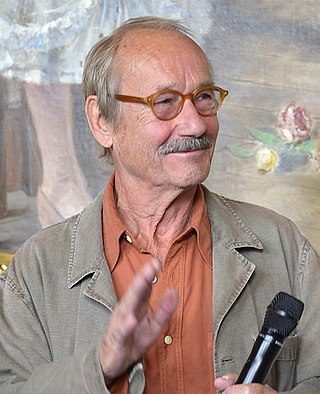
Hans Gösta Gustaf Ekman was a Swedish actor, comedian, and director.
The 1929-30 season in Swedish football, starting August 1929 and ending July 1930:
The 1932–33 season in Swedish football, starting August 1932 and ending July 1933:
The 1938-39 season in Swedish football, starting August 1938 and ending July 1939:

General Helge Victor Jung was a Swedish Army officer. Helge Jung had a distinguished military career in the Swedish Army. He began as a volunteer in 1904, graduated from the Military Academy Karlberg in 1906, and rose through the ranks, becoming a lieutenant in 1909 and later a captain in 1921. Jung served in various roles, including as an instructor and company commander, and attended military courses.
The 1939–40 season in Swedish football, starting August 1939 and ending July 1940:
The Svenska Dagbladet Gold Medal is an annual award "for the most significant Swedish sports achievement of the year". It has been awarded by a jury led by the Swedish morning paper Svenska Dagbladet since 1925. According to its statutes the Medal may be awarded in November or December to either an individual sportsperson or a team. An individual can be awarded the Medal no more than twice, and to receive a second medal, that athlete must be "regarded a class of his own".
International Swede of the Year is a prize awarded by the Society for expatriate Swedes.
The 1940–41 season in Swedish football, starting August 1940 and ending July 1941:
The 1941–42 season in Swedish football, starting August 1941 and ending July 1942:
The 1942–43 season in Swedish football, starting August 1942 and ending July 1943:
The 1943–44 season in Swedish football, starting August 1943 and ending July 1944:
The 1944–45 season in Swedish football, starting August 1944 and ending July 1945:
The 1945–46 season in Swedish football, starting August 1945 and ending July 1946:
The 1946–47 season in Swedish football, starting August 1946 and ending July 1947:
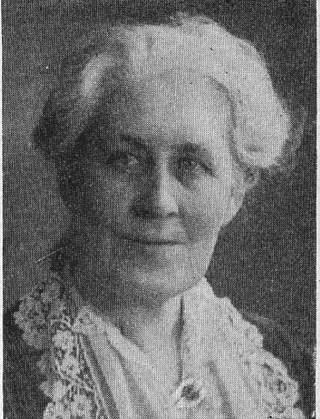
Elisabet Eurén was a Swedish educator, women's rights and peace activist.
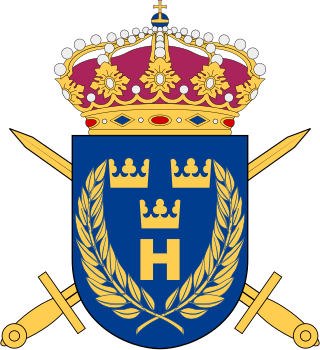
The National Home Guard Combat School is a school of the Swedish Home Guard which trains Home Guard commanders in combat and leadership. Its based in Vällinge in Salem Municipality.
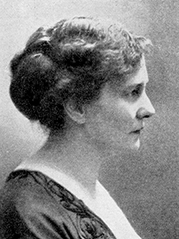
Sigrid Agneta Sofia Elmblad, born Sigrid Agneta Sofia Pettersson, was a Swedish journalist, poet, translator and writer, who translated Der Ring des Nibelungen into Swedish and produced the first Swedish translation of the song of Saint Lucy. she produced her first poems under the pseudonym Toivo. Born in Stockholm to a Swedish father and Finnish mother, she was an early member of the Nya Idun society, rising to be chair between 1918 and 1921. After working as a journalist for the newspaper Dagens Nyheter, she travelled extensively with her husband, the opera singer Johannes Elmblad. While living in Bayreuth, she developed her interest in the music of Richard Wagner, which led her to translate his works into Swedish, including Parsifal in 1917, and the work of other German composers like Robert Schumann. She also wrote fiction for adults and children, as well as biographies for figures like Jenny Lind in 1920. She died in Sweden six years later.
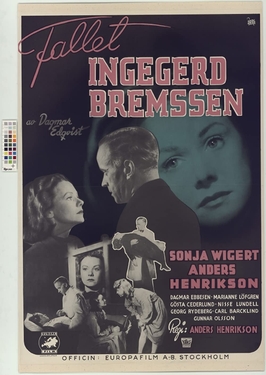
The Case of Ingegerd Bremssen is a 1942 Swedish drama film directed by Anders Henrikson and starring Sonja Wigert, Henrikson, Dagmar Ebbesen and Gösta Cederlund. It was based on a 1937 novel of the same title by Dagmar Edqvist. It was shot at the Sundbyberg Studios in Stockholm. The film's sets were designed by the art director Max Linder.